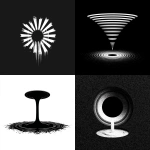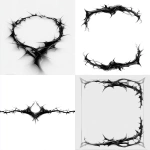Explore the Best AI Image Gallery

Quantum Leaps for Creative Expression: Exploring the Impact of Quantum Computing
The realm of creativity is on the cusp of a profound transformation, driven by the emergence of quantum computing. This revolutionary technology, harnessing the principles of quantum mechanics, promises to unlock unprecedented capabilities for artists, designers, and innovators across diverse disciplines. From generating novel artistic concepts to revolutionizing design processes, quantum computing has the potential to reshape the creative landscape in ways we are only beginning to fathom.
Quantum Creativity: A New Frontier
Quantum computers operate fundamentally differently from classical computers, leveraging qubits that can exist in a superposition of states. This unique characteristic enables them to perform complex calculations at an exponential speed, opening doors to entirely new creative possibilities:
- Generative Art: Quantum algorithms can generate intricate and mesmerizing artwork by exploring vast parameter spaces and uncovering novel patterns and compositions. Imagine AI systems capable of crafting symphonies, paintings, or sculptures with a level of complexity and originality beyond human comprehension.
- Interactive Experiences: Quantum computing can power immersive and responsive interactive installations that adapt to user input in real time. Artists could create dynamic environments where viewers influence the artworks evolution, blurring the lines between observer and participant.
- Personalized Design: Imagine customized fashion designs, architectural blueprints, or product prototypes generated based on individual preferences and needs. Quantum algorithms could optimize designs for functionality, aesthetics, and sustainability, tailoring creations to specific user requirements.
Ethical Considerations: Navigating Uncharted Territory
As with any powerful technology, quantum computing raises ethical considerations that require careful attention:
- Ownership and Authorship: When AI systems generate creative outputs, questions arise regarding ownership and copyright. Who holds the rights to works created by algorithms? How do we attribute authorship in a world where creativity is increasingly intertwined with technology?
- Bias and Representation: Quantum algorithms are trained on vast datasets, which may contain biases that reflect societal inequalities. Its crucial to ensure that creative outputs generated by these systems are inclusive and representative of diverse perspectives.
- Access and Equity: The potential benefits of quantum computing should be accessible to all, not just a select few. Bridging the digital divide and promoting equitable access to this transformative technology is essential.
Future Trends: Shaping the Quantum Creative Landscape
The future of creative expression in the age of quantum computing is brimming with possibilities:
- Hybrid Creations: Well see a convergence of human and artificial creativity, with artists leveraging quantum algorithms to enhance their workflows, explore new concepts, and push the boundaries of artistic expression.
- Decentralized Creativity: Blockchain technology combined with quantum computing could empower creators to monetize their work directly, fostering a more decentralized and equitable creative ecosystem.
- Quantum-Enhanced Education: Educational institutions will integrate quantum computing into curricula, equipping future generations with the skills and knowledge to navigate this evolving creative landscape.
Quantum computing is poised to revolutionize the creative industry, unlocking unprecedented possibilities for artistic expression, design innovation, and storytelling. By embracing this transformative technology responsibly and ethically, we can usher in a new era of boundless creativity and imagination.

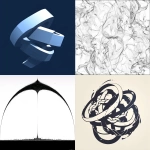

](https://images.ai-img.art/thumbnails/150/78a1311461ccc4b60dd1430d56ee04b3b5612a3145aef0a32196168d5489fdf3.webp)
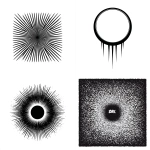
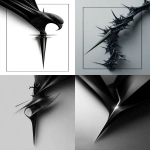


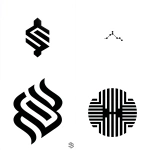
](https://images.ai-img.art/thumbnails/150/03de477e462377e62b34fea23ab1cbf6d4557f4077cc8bed9f23388af1200721.webp)
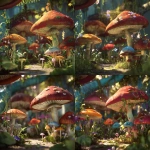


](https://images.ai-img.art/thumbnails/150/f9928aee79da6b2028ac7a7129ac30e6475a85d5300661776fde267c2da839ab.webp)
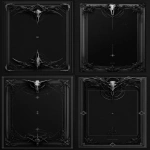
](https://images.ai-img.art/thumbnails/150/8884a7a8953b23d6c882f33524c10e09d320bbce4f305f2c7e79c402d82c1760.webp)
](https://images.ai-img.art/thumbnails/150/5b3fca49762c8c532ff70f250ca3b5900bac75be98d6c82f8f7a220465ad534a.webp)

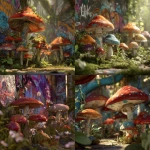
](https://images.ai-img.art/thumbnails/150/4d725f4d5380eb583bdebf0aad4c789acd6782398b4050f01f350a939dd4c2af.webp)
](https://images.ai-img.art/thumbnails/150/c04f7210bb9d35279503ff64ad44a9826d6909838f777fb1edd0fdece2ac7c70.webp)
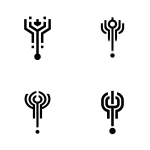
](https://images.ai-img.art/thumbnails/150/55e9c8ac48f7ca1311ec4a843e2616aa87c73e2217901ac138d198afb0b4f1db.webp)
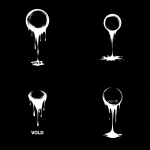

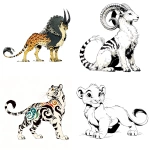
](https://images.ai-img.art/thumbnails/150/89d86a1c20e8844b6d4ce23cf0e6ae10c19923617b6be16cac5d3cc513bf9c4e.webp)
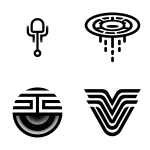
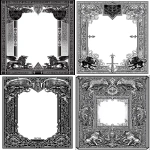

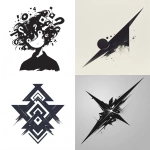

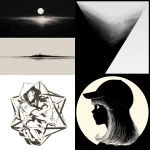

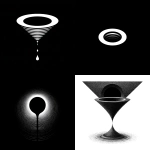
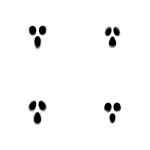
](https://images.ai-img.art/thumbnails/150/f1cbba604c7411267acd95acaa4746a5ee006a25ade5e596a9501884b384e1dd.webp)
](https://images.ai-img.art/thumbnails/150/16ec42833d204af37c75cc776a794c54661cbfe1061c899680a4976a7f74cd51.webp)
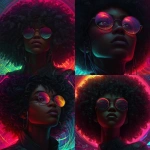
](https://images.ai-img.art/thumbnails/150/9ad2f4d771346182f4c9b6d1712edfd0b6b776f37b75dac606a8e03b1bd2dc47.webp)

](https://images.ai-img.art/thumbnails/150/45d068cbdc39002eccc21e2169438a3c142426219fda8c9e027c536cdf66811e.webp)

](https://images.ai-img.art/thumbnails/150/bbf691f1c69e4801062c68d0435463c5bf76258e3984fbe3cc25e9e46174cf88.webp)
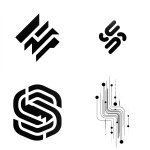
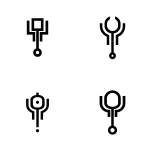
](https://images.ai-img.art/thumbnails/150/cc8f7b8338e849e1e11a902ac51eda96c8f710e5d829c5b4d57b56fa05d28e95.webp)
